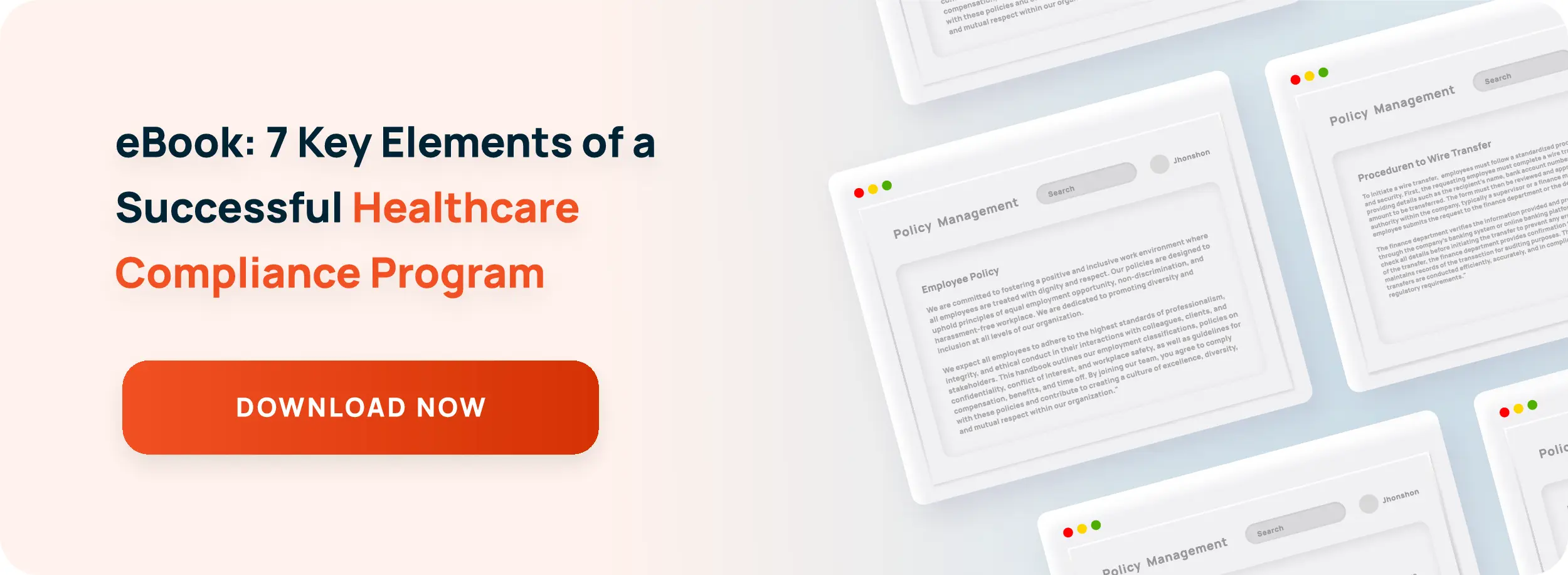Policy Management – Are You the Designated Version Keeper?

Policy Management - Are You the Designated Version Keeper
The creation of a new policy or the revision of an existing one can be a stressful experience. Limited resources, combined with unrealistic delivery deadlines, can create a highly pressurized situation where all participants are eager to get the project off their respective to-do list and move on to the next pressing item.
In this scenario, expedience often overrules effectiveness. Opportunities to expedite the process are often grasped without consideration for the impact on the overall process. Even the most dedicated professionals will
One Step Forward, Two Steps Back
One of the worst culprits of side stepping protocol is the sharing of draft versions. After all, why force a colleague, who has a brief window of time to work on the policy, to search a potentially disorganized database for the latest version when you can just forward the last version you have from the most recent conference call?
The logic of such an expedient act is, on the fact of it, easily defended (and equally critical of your database structure). However, the assumption is that the ‘forwarder’ has the most recent and approved version, which assumes that no further progress has been made without his or her direct involvement. For institutional policy creation where multiple stakeholders are involved, that assumption is most often incorrect, which leaves someone in a manual system in the unenviable role of being the designated version keeper.
Formal designation of a role means very little if the title is nothing more than honorary. Being the ‘go-to’ person for the current approved draft version only works if people follow-through and ‘go-to’ that person. When windows of opportunity are measured in minutes rather than hours, the patience to wait for an email response is hard to come by, and as a result, eager team members will reach out to a colleague on IM instead. This creates yet another unapproved draft version, further diluting the effectiveness of the ‘version keeper’ role.
Our comprehensive policy creation and management software solutions can help you to abolish the creation of multiple unapproved draft versions once and for all. Operating on one secure SharePoint portal using templates built on industry best practices, your team can manage access through role-based permissions. A detailed version history page provides formal confirmation of version status that supports every element of policy workflow from creation to ongoing management and revision.
The opportunity to move your manual systems to the next level is closer than you may think. To learn more about our software now available on SharePoint On-Premise, SharePoint Online via Office 365, and as a Software-as-a-Service, schedule a demo now.
Related Articles:

